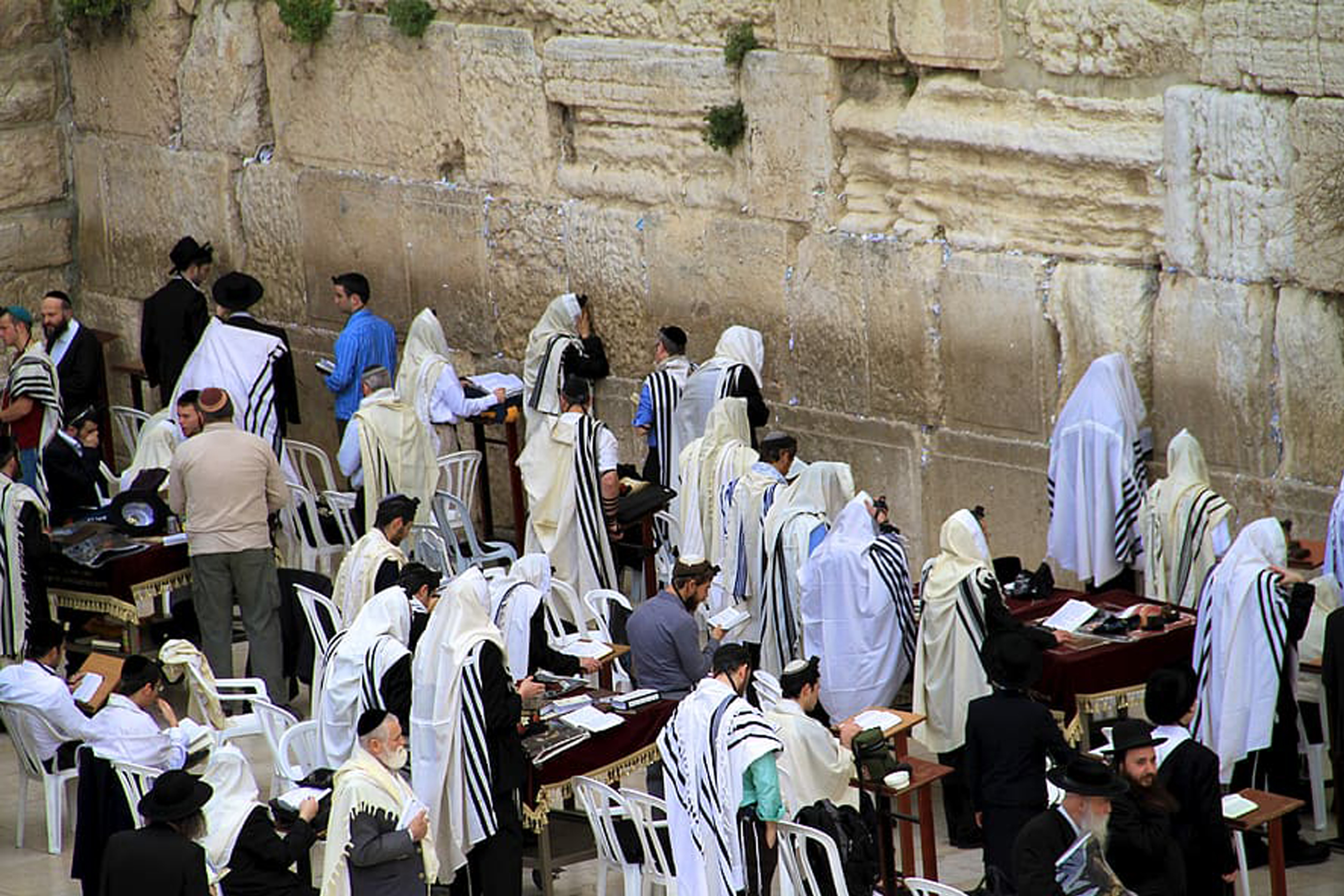Makom Kavua
Praying in the same seat in the same synagogue on a daily basis is commonly perceived as the optimal manner of praying. The Talmud Bavli (Berakhoth 6b) encourages one to designate a place for his prayer (כל הקובע מקום לתפלתו אלהי אברהם בעזרו). However, ambiguity remains as to the meaning of “place”. Does it refer to the Synagogue itself or a place (seat) in the Synagogue.
However, the Talmud Yerushalmi is clear that the reference with “place” is to a place within the Synagogue itself.
אמר ר’ תנחום בר חנינא צריך אדם ליחד מקום בבית הכנסת להתפלל -ברכות ד:ד לה
Mahazor Vitri (21), and Rabbenu Asher rule explicitly according to the Talmud Yerushalmi. Sefer HaPardes Sh k Teth from the School of Rashi cites the Talmud Yerushalmi and that would appear to be its ruling.
Rambam (Ahava, Laws of Prayer, 5:6) who states: וקובע מקום לתפלתו תמיד appears to preserve the ambiguity of the Talmud Bavli as he does not define “place” (מקום), but Hagahoth Maimoniyoth attributes to him the interpretation of the Talmud Yerushalmi.
However, in total contrast to the concensus of opinions, Rabbenu Yonah maintained that only committing to a specific place is required while sitting in a designated place within the synagogue has no meaning.
The law, as per the Talmud Yerushalmi requiring one to pray not only in a designated Synagogue but also in a designate place therein is codified in Tur (90) and Shulkhan Arukh 19

